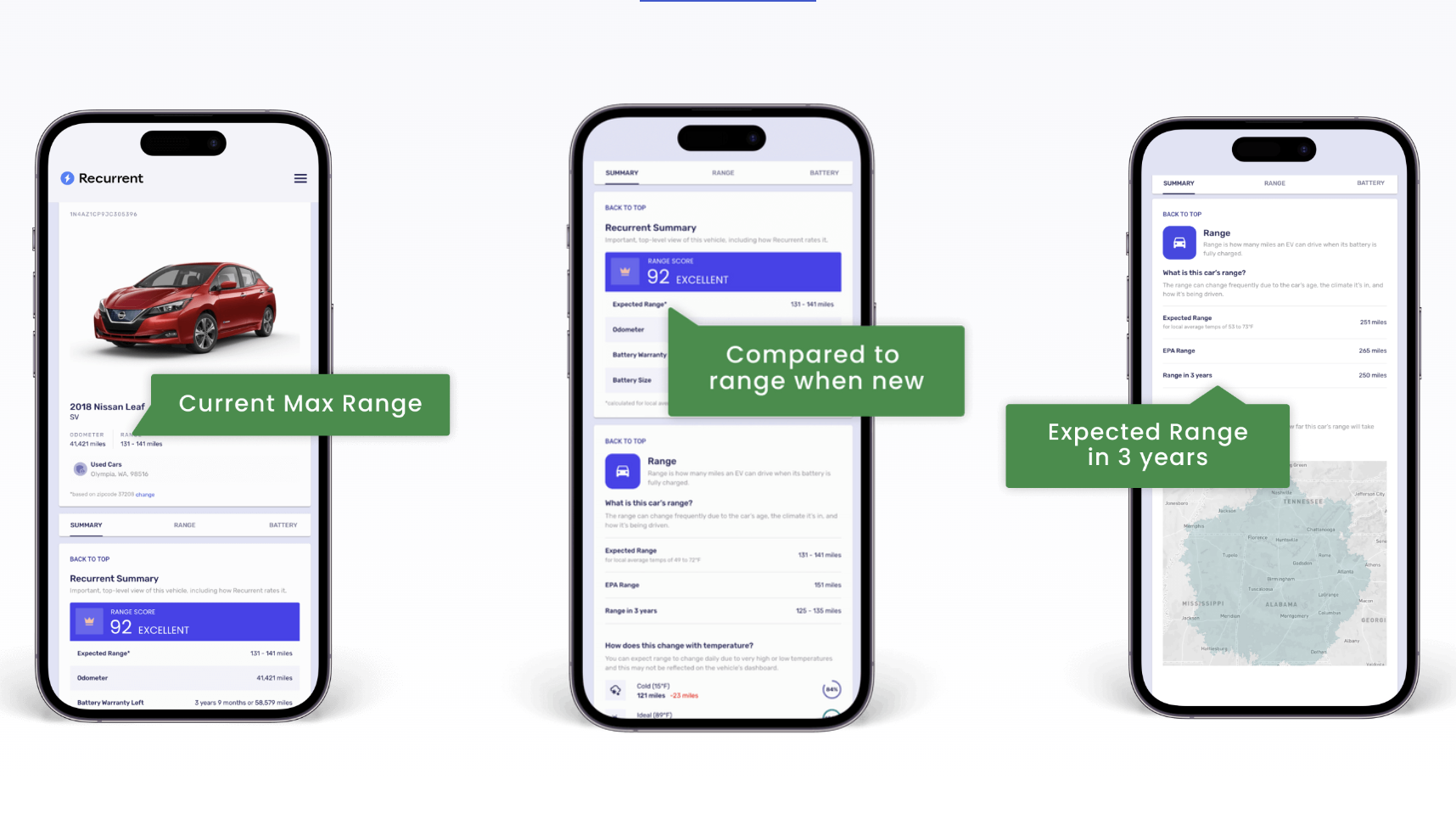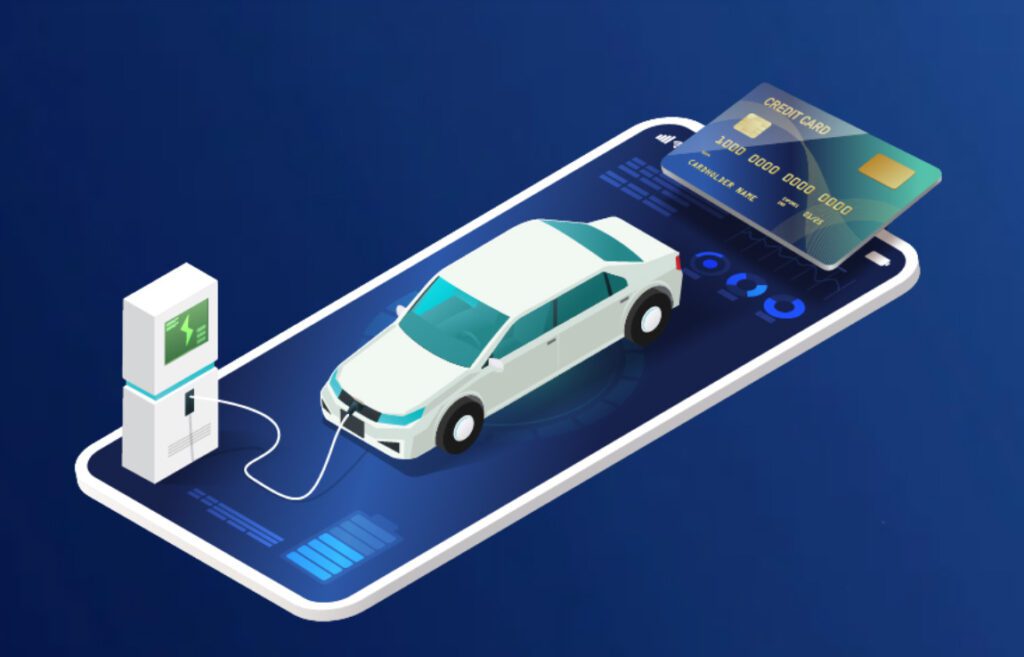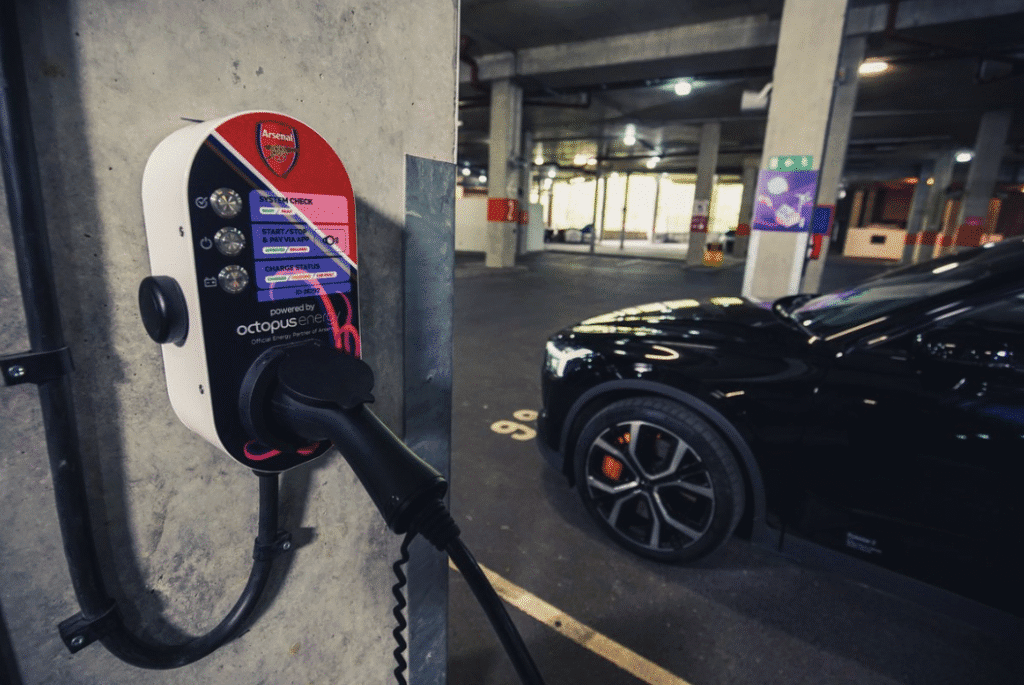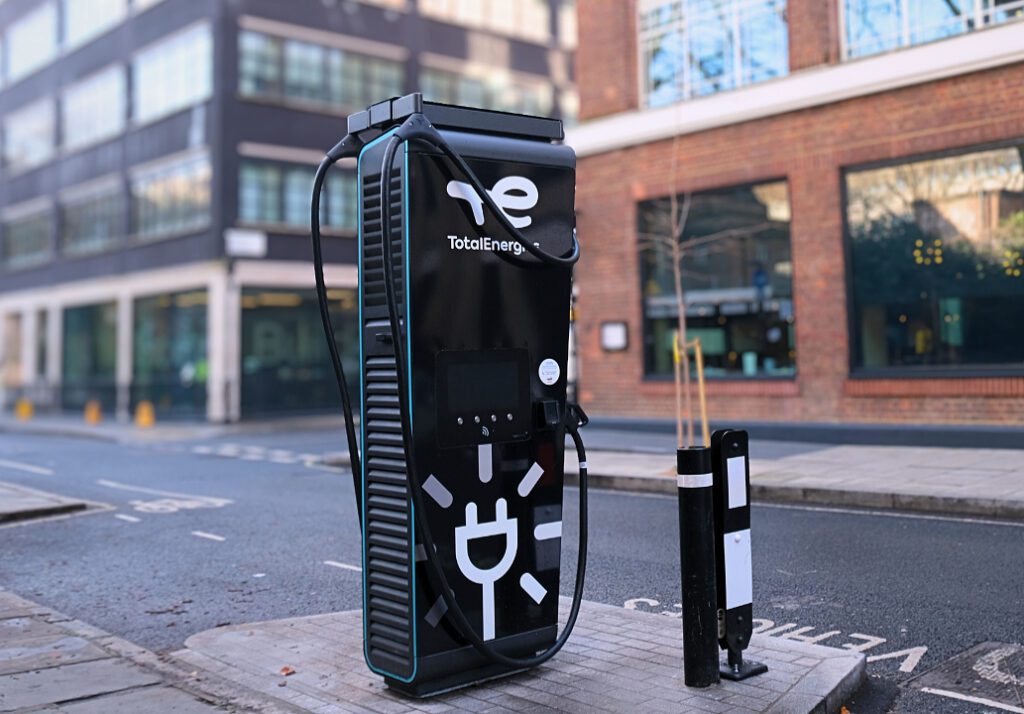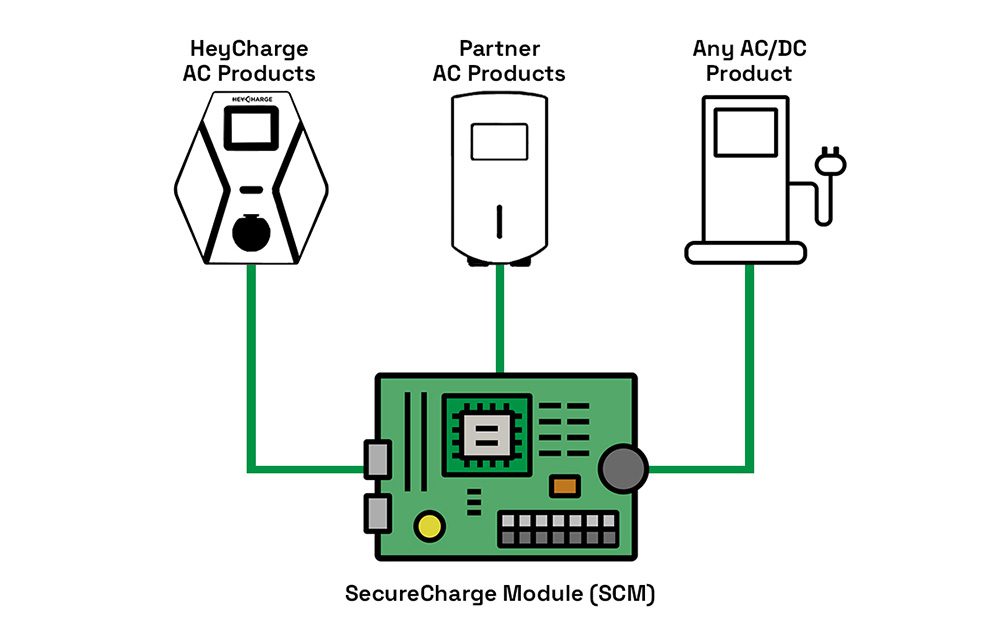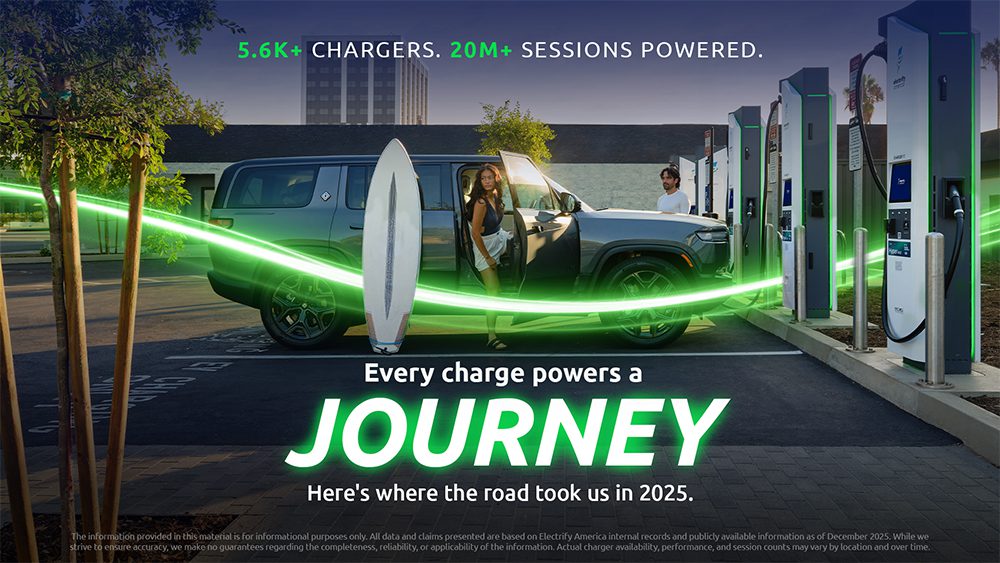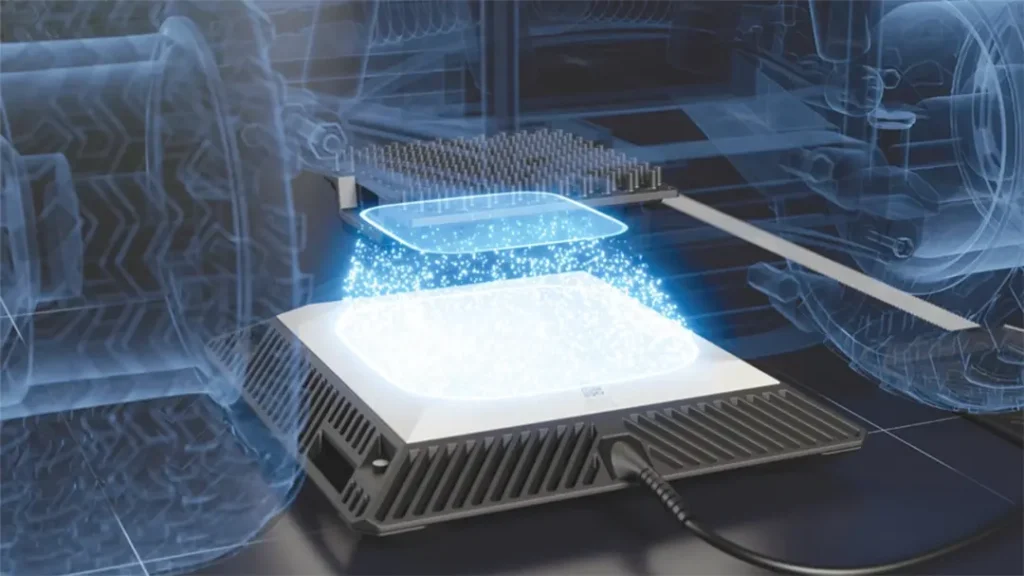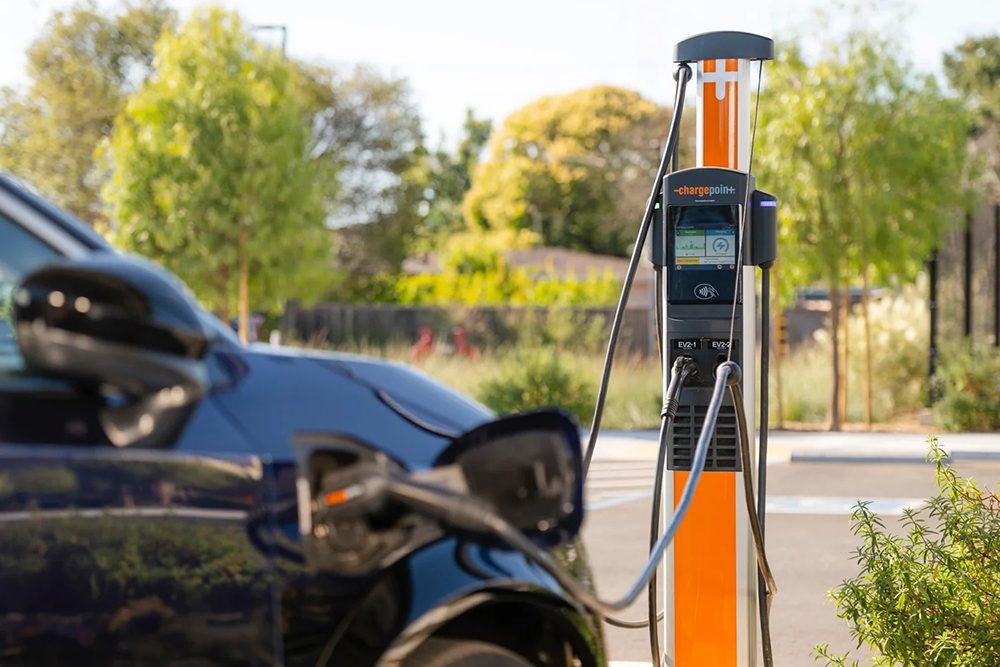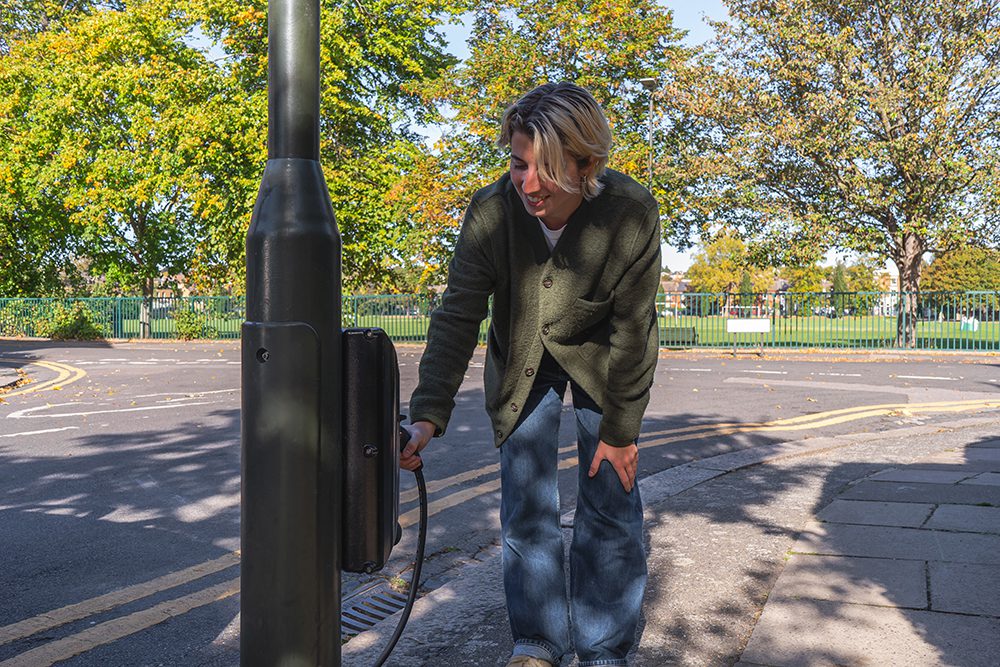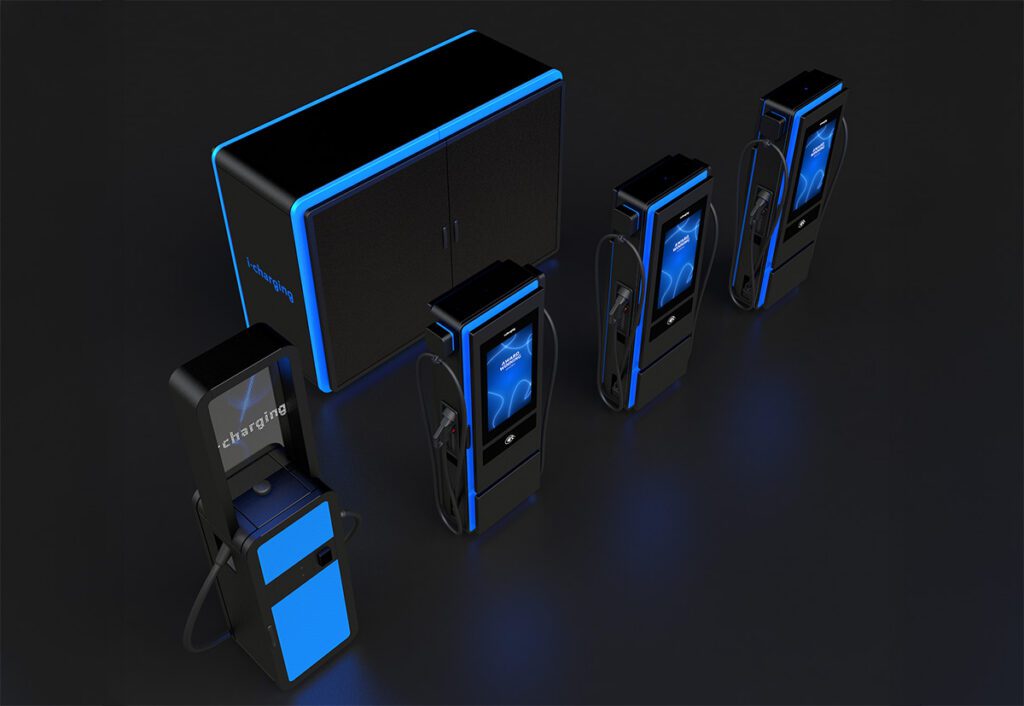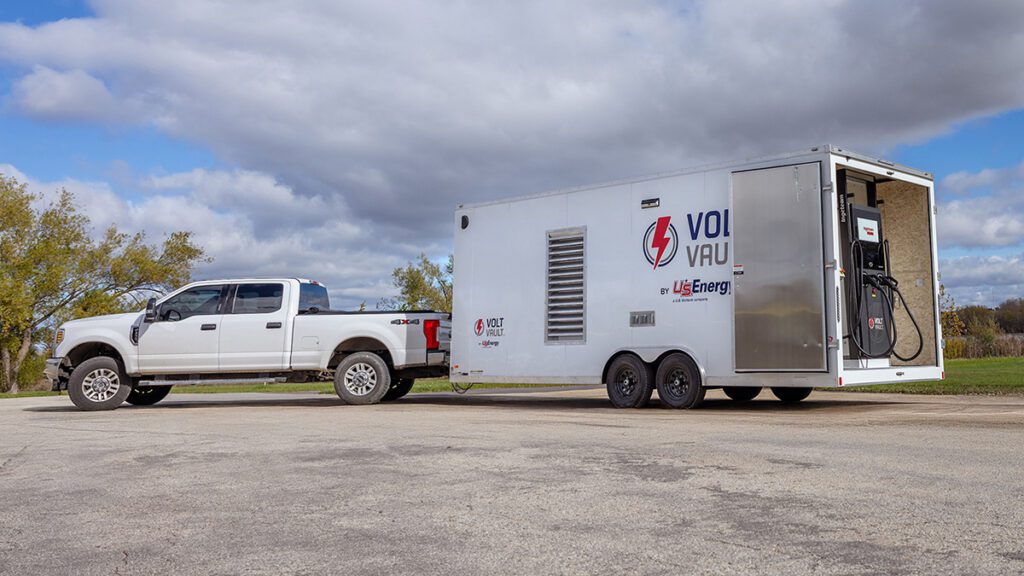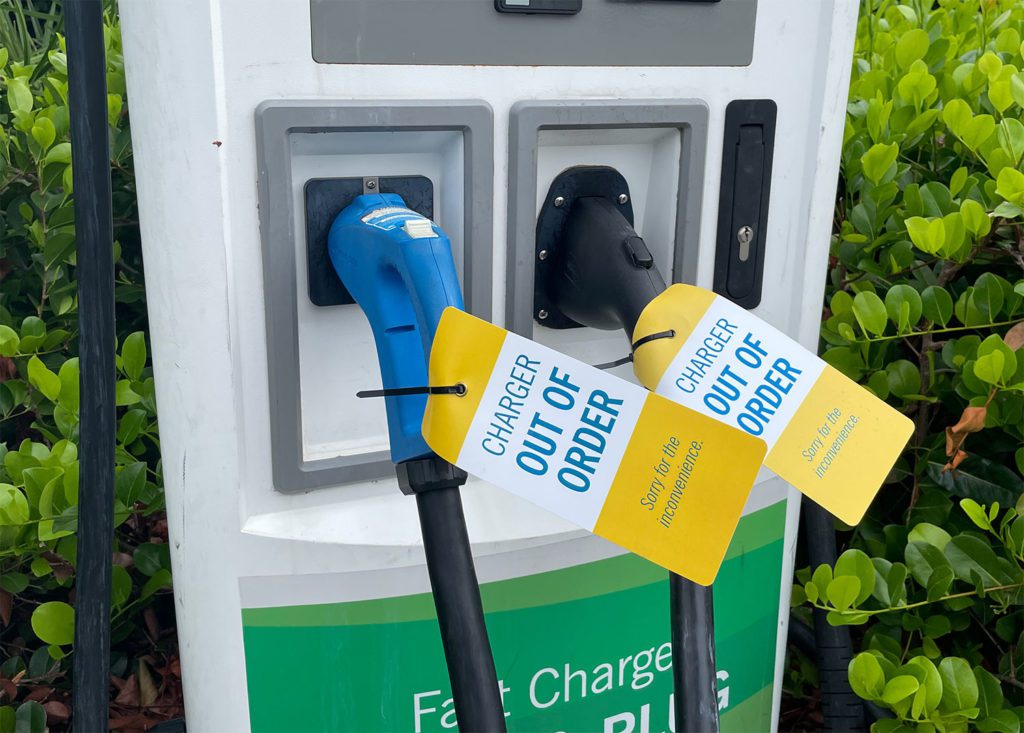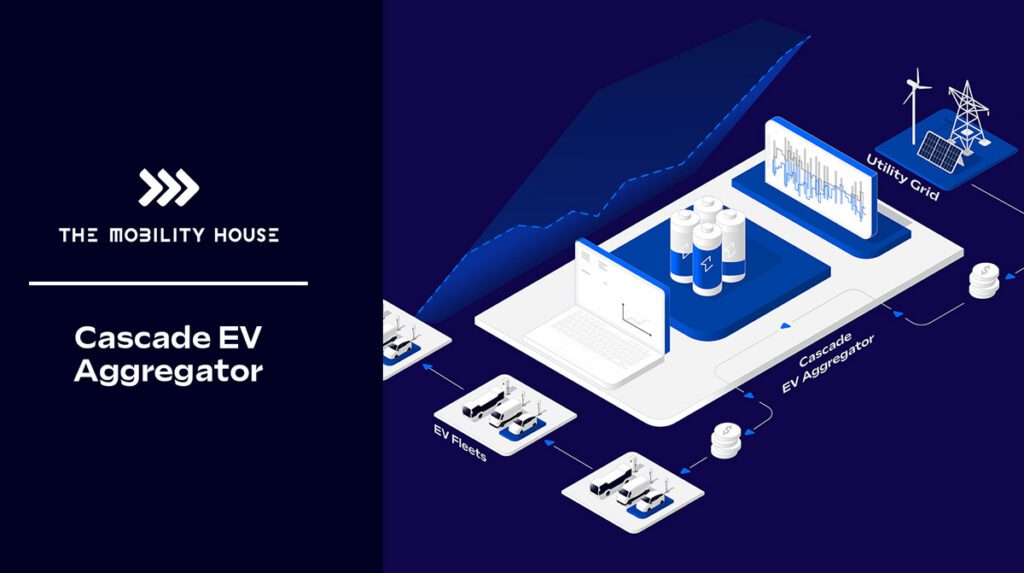The biggest question in buying a used EV is whether its battery is any good and how much range is left. We’re a little closer to an answer now.
The Black Book used-car valuation service said Tuesday it would incorporate battery-condition data from Recurrent into its used-EV values. That data lets Black Book vary what it calls Battery Adjusted Values either up or down from standard used values, by combining information from the specific used vehicle with data from thousands of similar vehicles aggregated by Recurrent.
The news, which appears first on Charged, gives used-car dealers and shoppers additional, EV-specific information not found in conventional valuations. The health and remaining capacity of an EV’s battery translates directly to its range, which helps answer the main question on the minds of every used-EV shopper: With a used battery, how much range will I really get?
Logging more than 1 million miles a day
While most automakers have battery-health information from EVs they’ve sold, via operating data uploaded by the cars, they’re hardly rushing to provide it for used EVs—since they sell new cars, not used ones. Started several years ago, Recurrent fills that void by getting permission from EV owners to view the vehicle data on their car’s online app or main information screens.
It has now aggregated data from more than 25,000 EVs, covering a total of more than 1 million miles per day. Tracking their range before and after charging, the regions in which they’re operated, and other data, Recurrent has built models of average battery health for dozens of EV models, with sample sizes that roughly correspond to total sales volume for each model.
“Our data scientists suggest that calendar age is as much of a factor in battery degradation as odometer miles.”
So how does all this help Black Book? Conventional used-car values are based on metrics that include not only the vehicle’s physical condition but also its mileage, as a rough proxy for wear and tear on the powertrain. But, said Recurrent CEO Scott Case, EVs are different.
Charged spoke at length to Case to understand how the company’s data lets Black Book refine its EV-specific valuations. He noted that already, auction buyers appear to value the EVs whose Recurrent modeling shows they have the most remaining battery capacity at 0.5 to 1.0 percent more than seemingly similar models projected to have less capacity.
“While electric vehicles are still vehicles, a single component—the battery—has never played such a significant role in a used vehicle’s value,” said Black Book President Jared Kalfus. “We’re excited to translate Recurrent’s comprehensive and actionable EV data and ratings into value adjustments.”
Is calendar age more important than miles?
“Our data scientists suggest that calendar age is as much of a factor in battery degradation as odometer miles,” Recurrent’s Case said. It’s been known for decades that lithium-ion cells degrade over time, but until now, that fact hasn’t been incorporated into used-EV valuations based entirely on mileage.
Recurrent’s assessment of battery health is based on both miles and vehicle age, along with the region in which it’s been operated. To the much-debated issue of whether frequent fast charging degrades batteries compared to Level 2 AC charging, Case said only, “It depends”—Recurrent’s data shows considerable variation on that question among different EV models.
To underscore the value of battery-condition data, Case discussed the much-publicized recent sale of 20,000 Tesla rental cars by Hertz. Some of those EVs had covered 90,000 or 100,000 miles in just a year or two. Based on Recurrent’s analysis of many thousand Model 3s and Model Ys in its sample set, Case suggested that the newest used Teslas—even with miles that high—may be worth considering. “I think they’re underpriced,” he told Charged, “They likely have better batteries than you might expect.”
Huge demand for better battery clarity
Used-car shoppers clearly value transparent data on battery condition; an early survey suggested they would pay $2,000 to $3,000 more for a used EV, even one with higher miles, if they felt confident its battery condition was known.
Black Book notes that its used-car valuation models are used not just by dealerships, but also by auction houses and remarketers; lenders, insurers, and providers of extended warranties; carmakers and vehicle-leasing specialists; and commercial fleets. All those parties base their business modeling on current value, residual value, or both—and those remain more uncertain for EVs due to continuing concerns over battery life.
In a few cases, Case said, a specific vehicle tracked by Recurrent will show up as a used car—which lets Black Book provide a “Verified” Battery Adjusted Value based on that specific car’s data, not just an average. That, Case suggested, might raise its value 1 to 2 percent over the non-adjusted value. He said Recurrent hopes to work more directly with sellers that take in used EVs, by tracking as little as one day’s driving to offer the seller a “Verified” value.
Volume of used EVs to surge
“EV batteries are holding up much better than many expected,” Case said. But he called battery condition, and the vehicle range derived from it, “critical variables” to improve confidence in used EVs. With the first Tesla Model 3s and Chevrolet Bolt EVs now reaching seven years of age, all with more than 200 miles of original range, the volume of used EVs on the market is likely to grow substantially over the next five years.
Boosting confidence in their battery condition and driving range is crucial to ensuring they make up a vital and growing part of the US used-car market—which, at almost 40 million units a year, is more than twice as large as annual new-vehicle sales.
Late this month, the Battery Adjusted Values will appear first in Cherry, one of Black Book’s several applications. They will roll out to the entire portfolio of Black Book products thereafter.
Source: Recurrent






